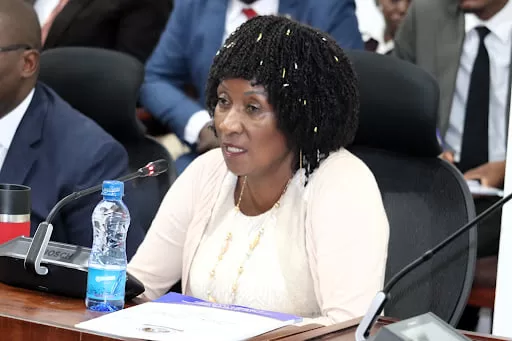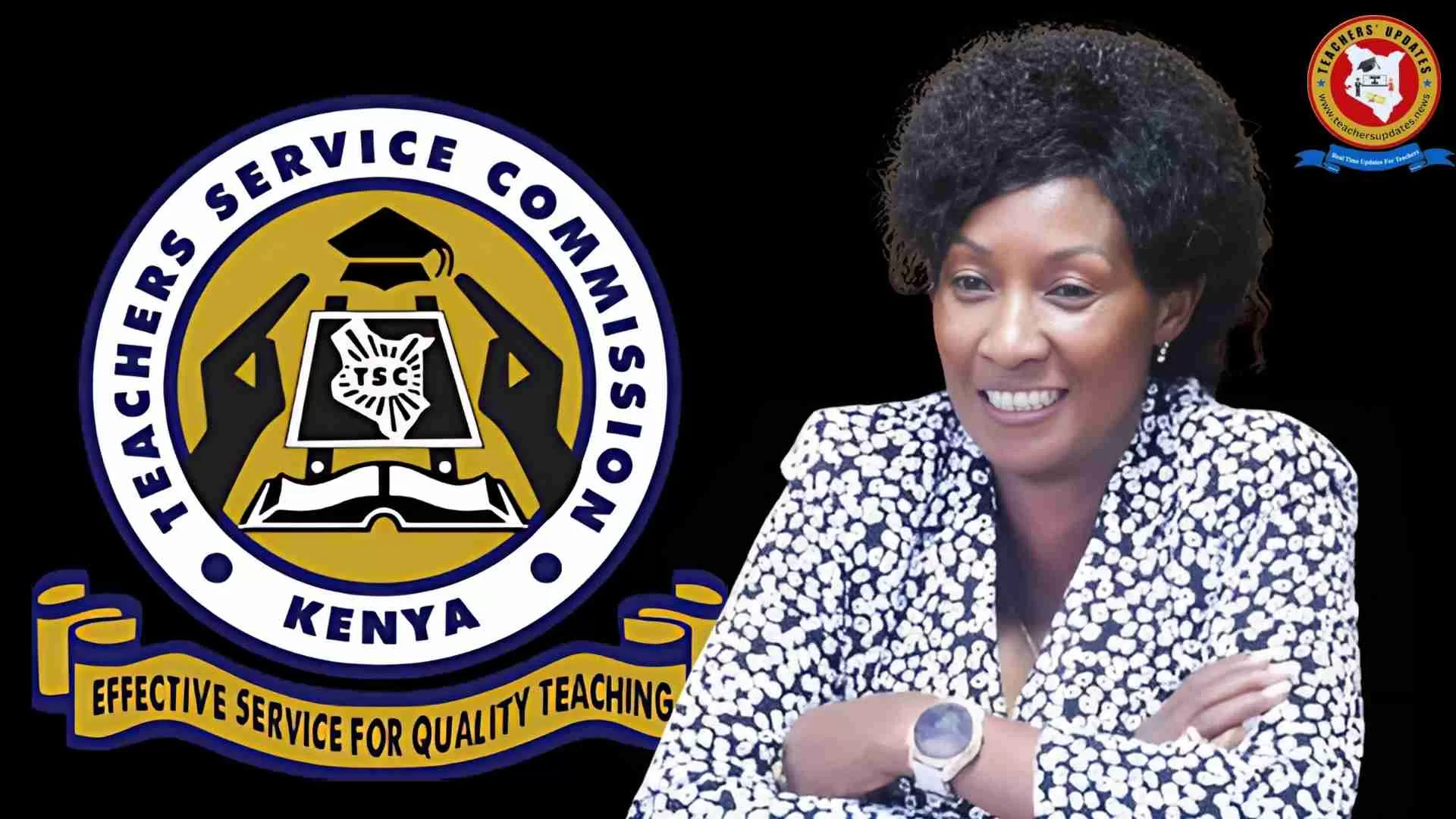17 Countries to Employ Kenyan Jobless Teachers: TSC Reveals High-Demand Subjects for Deployment.
The Teachers Service Commission (TSC) has unveiled plans to facilitate the placement of 354,234 unemployed Kenyan teachers in teaching positions abroad.
This initiative targets 17 countries seeking teaching expertise from Kenya, aligning with the government’s broader labour migration strategy.
Countries and Teacher Demand
The TSC has identified 17 countries that have requested Kenyan teachers, including the USA, Ireland, Germany, France, Canada, Vietnam, Thailand, Taiwan, South Korea, Russia, Spain, China, Kuwait, Japan, the United Arab Emirates (UAE), Qatar, and Botswana. Specific subject specializations and teacher needs for each country are outlined in the table below:
| Country | Specialization in Demand |
|---|---|
| USA, Ireland, Germany | English language teaching |
| South Africa | Kiswahili teaching |
| Thailand, Middle East | General education and English teaching |
| Kuwait, UAE, Japan | Special needs education |
| Qatar | Islamic religious education and science |
| China, France, Botswana, Japan | Kiswahili teaching |
| France, Canada, Vietnam, Taiwan, South Korea, Russia, Spain, China, UAE | English teaching |
Join Teachers Updates on Facebook
The TSC has developed a comprehensive policy framework to guide the export of Kenyan teachers.
This policy was informed by consultations with the State Department of Diaspora Affairs and addresses the increasing demand for Kenyan educators in various countries.
It also provides a structured approach to ensure teachers’ rights and welfare are upheld during their employment abroad.
Key Provisions of the Policy
- Eligibility Criteria
- Candidates must be Kenyan citizens.
- They should possess a degree, diploma, or certificate in education from a recognized institution.
- Teachers must be registered with the TSC and meet the requirements of Chapter Six of the Constitution.
- Additional qualifications, such as language proficiency or professional certifications, may be required by host countries.
- Orientation and Preparation
- Selected teachers will undergo orientation covering security, medical needs, transport, remuneration, cultural sensitivity, and specific educational practices in host countries.
- Language training will be offered where applicable.
- Terms and Conditions
- Standardized contracts will outline salary, working hours, benefits, housing, insurance, and repatriation terms.
- Teachers employed on permanent terms locally must resign before taking international positions. Upon return, they can reapply for local vacancies but are not guaranteed reinstatement.
Database and Application Process
The TSC will establish a real-time database to manage applications and track teachers seeking international employment.

This system will store personal, academic, and professional details, enabling efficient matching of teachers with relevant opportunities. Feedback mechanisms will ensure continuous improvement of the process.
Placements will occur through government-to-government initiatives, with the TSC working closely with the Ministries of Foreign Affairs and Labour. Delegations from various countries have expressed interest, prompting the need for the formalized framework.
The policy emphasizes building partnerships with host countries to foster global educational cooperation. These partnerships will enhance professional growth for Kenyan teachers while promoting lifelong learning and cultural exchange.
Addressing Domestic Teacher Unemployment
Despite Kenya’s persistent teacher shortages, the government has struggled to absorb all qualified educators.
As of May 2024, TSC records show 714,234 registered teachers, with 360,000 employed on a permanent basis.
Recent recruitment drives, such as the October 2024 advertisement for 46,000 positions, received an overwhelming 314,117 applications, reflecting the high unemployment rate.
The policy highlights the benefits of international teaching opportunities, including professional growth, exposure to diverse educational systems, and financial remittances that boost the Kenyan economy.
ALSO READ: TSC to Fix Grade 9 Teacher Gap with P1 Teacher Redeployment
While the initiative offers significant opportunities, critics have raised concerns. Some argue that the government should focus on creating local employment instead of exporting teachers. Others highlight the risk of exploitation in low-level jobs, particularly in the Middle East.
Labour Migration as a Key Policy Pillar
President William Ruto’s administration has prioritized labour migration as a strategy to address unemployment.

The TSC policy seeks to capitalize on international demand for Kenyan teachers while addressing local unemployment challenges.
This structured approach aims to protect teachers’ welfare, formalize their overseas employment, and promote Kenya’s educational expertise globally.
However, its long-term success will depend on the government’s ability to address domestic concerns while ensuring fair and competitive opportunities abroad.
Follow Teachers Updates on Facebook, LinkedIn, X (Twitter), WhatsApp, Telegram, and Instagram. Get in touch with our editors at [email protected].


Discussion about this post